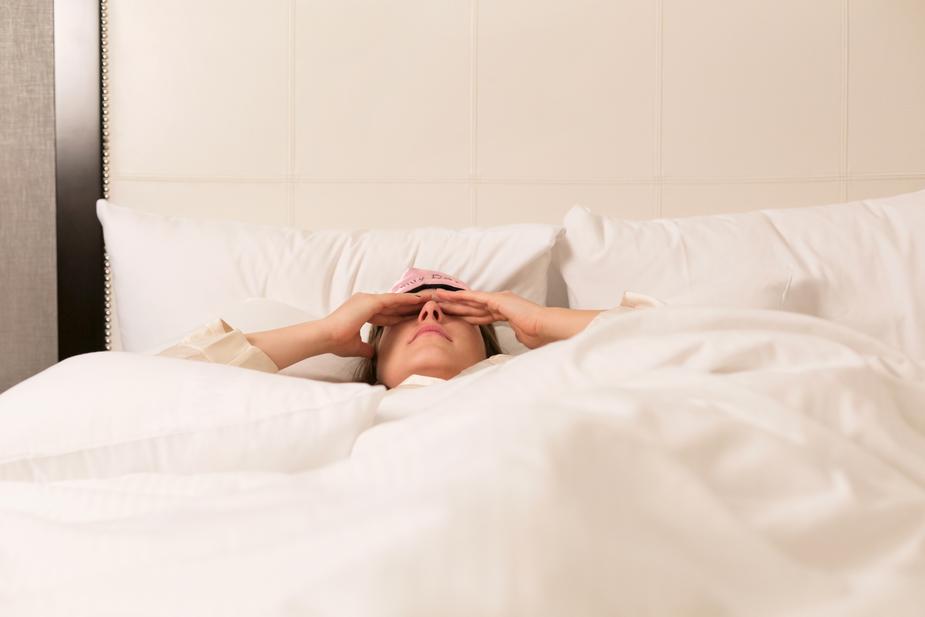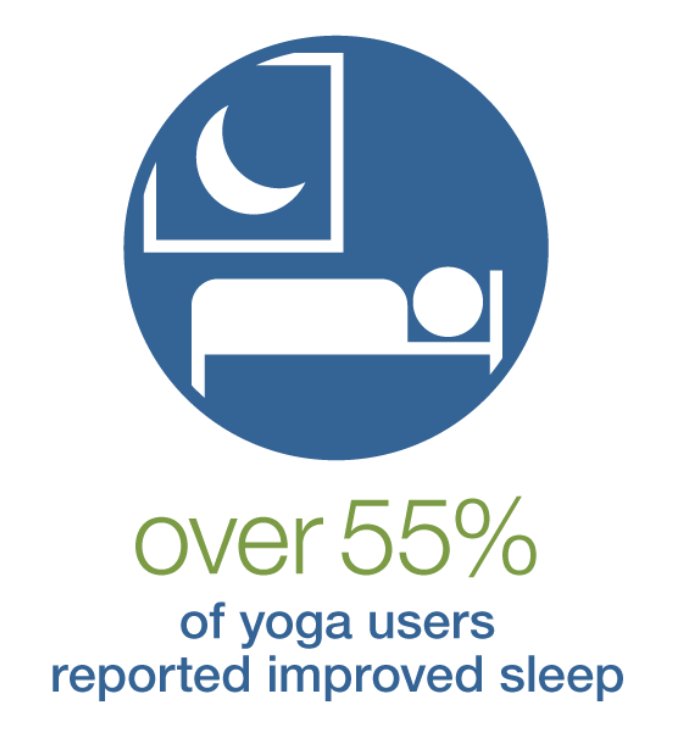
Parenting affects sleep. With your first pregnancy, sleeping through the night usually ends during the last trimester. After your baby is born, nighttime is filled with feedings and diaper changes. In my experience, sleep is forever changed.
The Important Benefits of Sleep
Sleep is important to our health. While we sleep, the brain actually flushes out toxins. It’s important for weight management too. According to Harvard, “In studies of humans and other animals, they have discovered that sleep plays a critical role in immune function, metabolism, memory, learning, and other vital functions.” [note]http://healthysleep.med.harvard.edu/healthy/matters/benefits-of-sleep[/note]
Some nights it seems my brain remains active as I sort of half sleep. Skull cap tincture helps, but there are two things that make a world of difference: yoga and diet.
Yoga for Sleep
When body has been used and stretched thoroughly, rest is sound. Human bodies are designed for movement. It is ironic people will jump on board paleo style diets without including paleo style exercise.
It’s just not anecdotal evidence that exercise, and in particular yoga, helps eliminate insomnia. According to Johns Hopkins University, exercise can have the same effects as sleeping pills:
Slow wave sleep refers to deep sleep, where the brain and body have a chance to rejuvenate. Exercise can also help to stabilize your mood and decompress the mind, “a cognitive process that is important for naturally transitioning to sleep,” says Gamaldo.
Johns Hopkins Medicine
Harvard Medical School reports

Intermittent Fasting, Diet, and Sleep
There’s a reason many cultures eat their largest meal in the middle of the day and a light dinner. When our digestive system is less active, our body can rest more fully. In fact, the kinds of food you eat before bed causes different reactions in the body that can affect sleep.
Harvard Medical School explains:
However, nocturnal eating can interrupt your sleep in various ways, prompting recall of disturbing dreams by the mechanism described above. For example, eating a large meal, especially a high-carbohydrate meal, could trigger night sweats because the body generates heat as it metabolizes the food. Also, gastroesophageal reflux (GERD), caused by lying down with a full stomach, may trigger symptoms that wake you up.
Do people really get nightmares from eating late?
Vivid dreams or the feeling one is only half asleep can result from eating late. Depending on your food sensitivities, eating late can disrupt REM.
The American Nutrition Association clearly explains the link between cortisol, sleep, and what we eat.
Cortisol is produced in a cyclic fashion with the highest levels being released in the morning and the lowest at night
.. .A disruption in the cortisol level during the night will affect the quality of sleep. If the cortisol level is high during the night, an individual will have disrupted rapid eye movement (REM) sleep and will wake up non-refreshed, no matter how many hours of sleep the individual appeared to have…
Key to rejuvenating sleep is having a normal level cortisol at night. Key to a normal cortisol level at night is a normal cortisol rhythm during the day and leading up to sleep.
Food Glycemic Index and Cortisol Levels
Cortisol levels are rapidly responsive to our food intake during each day. The glycemic index of a meal affects the cortisol level for approximately the upcoming five hours…Worse than having a high glycemic meal is having no meal at all. Any time during the day that one does not eat within five hours of the previous meal or snack, the cortisol level tends to rise. A rise above the normal range during the day almost guarantees that the nighttime cortisol will be high and thus disrupt REM sleep.
Eat Your Way to Better Sleep
Intermittent fasting may help you sleep more soundly. Intermittent fasting is only eating 8 hours of the day and fasting during the remaining 16 hours. When you set a time in the evening to stop eating, it prevents late night snacking that can affect your sleep. In addition, short term fasting has been found to positively affect nighttime rest patterns.
In a small pilot study of 15 non-obese subjects, researchers found:
This open pilot study demonstrates that along with a decrease in sleep arousals a 1-week fasting period promotes the quality of sleep and daytime performance in non-obese subjects. The observed decrease in PLM might point to a nutritional modification of brain dopaminergic functions. In terms of evolutionary development, an improved daytime performance during periods of food deprivation could have been beneficial for the success in search for food.
Effects of short-term modified fasting on sleep patterns and daytime vigilance in non-obese subjects: results of a pilot study.
Intermittent fasting may contradict the information from the American Nutrition Association in regards to rising cortisol levels and sleep, anecdotal evidence suggests improved sleep from periods of fasting. From no longer taking an afternoon nap to improved nighttime rest, intermittent fasting improves sleep once your body and mind
The Sleep Doctor explains:
A quiet digestive system, a body in repair mode, a stretch of not eating? If this description of the benefits of sounds a bit like sleep mode, you’re right on! Healthy, typical sleep is a natural period of daily fasting.
Routine fasting in many ways helps the body stay well aligned for sleep. Eating during the evenings, and having a body engaged in active digestion, often create problems for sleep. Studies show restricting eating to 8- or 12-hour windows can help us maintain a healthy body weight and avoid high blood sugar, insulin resistance, and diabetes—regardless of the nutrient breakdown of the food we eat within those windows.
Time restricted eating also can strengthen our 24-hour circadian clocks, which exert a dominating influence on our sleep. A stronger, more synchronized circadian clock means an easier time falling asleep, staying asleep, and waking feeling refreshed on a regular basis. That combination of consistency and quality in a sleep routine is what we all want, to help us feel and function at our best, and to protect our health over time, and with age.
Can Intermittent Fasting Help Sleep?
Sleep is so important to our health both mentally and physically. Two simple approaches that have helped me immensely are the daily practice of yoga and intermittent fasting. Whenever I stray from either, I notice my nights are less restful.
Leave a Reply